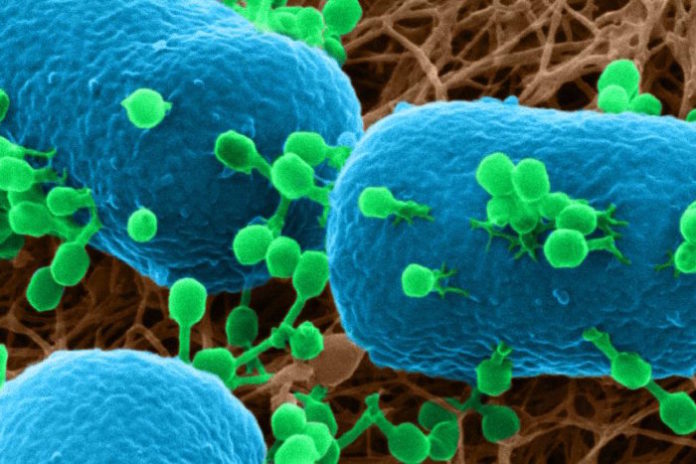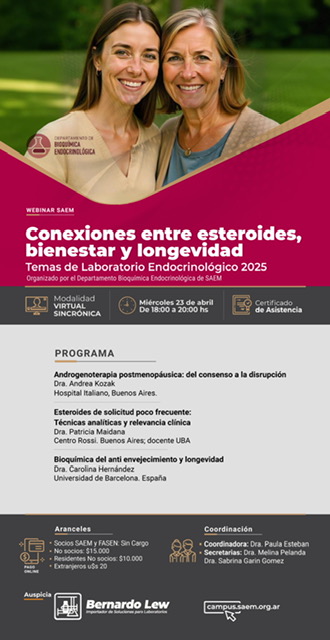
An interdisciplinary research consortium from the Nanoscience Center at University of Jyvaskyla in Finland (group leaders Dr. Lotta-Riina Sundbergand Prof. Ilari Maasilta) has found that bacteria and viruses can be imaged with helium ions in contrast to electrons which are the standard workhorse in nanoscale microscopy. Helium ions, being more massive than electrons, can be focused to a much tighter spot down to the atomic length scales. By measuring the electrons generated by the ion bombardment, an image can be formed from the sample with biological features visible below the nanometer (one billionth of a meter) length.
New solutions to study microbes and viruses
The novel technique, called helium ion microscopy (HIM), was used to image hard-to-see interaction between bacteria and viruses infecting bacteria, or so called bacteriophages. These phages are currently actively considered as a novel “smart weapon” against bacterial infections, which are becoming more and more difficult to treat with traditional antibiotics. The images demonstrated in clear images the different stages of how the phages in question attacked the bacteria (E. coli), for example showing the process where the virus has latched onto the bacterial surface, grabbing it with a tentacle like structure, and being in the process of injecting its genome into the bacterial cell.
In addition to imaging, the researchers also demonstrated that the ions can be used as a nanoscale scalpel, to cut portions off individual bacterial cells, or to reveal bacterial colonies under the surfaces of samples. They feel confident that HIM offers many more possibilities in the future to help to study microbes and viruses in their natural state, interacting with each other and other cells.
The study was funded by the Academy of Finland and Jane and Aatos Erkko Foundation. The research was published in the journal Advanced Biosystems.
Journal Reference: Miika Leppänen, Lotta-Riina Sundberg, Elina Laanto, Gabriel Magno de Freitas Almeida, Petri Papponen, Ilari J. Maasilta. Imaging Bacterial Colonies and Phage-Bacterium Interaction at Sub-Nanometer Resolution Using Helium-Ion Microscopy. Advanced Biosystems, 2017; 1700070 DOI: 10.1002/adbi.201700070
Source: sciencedaily.com



















































